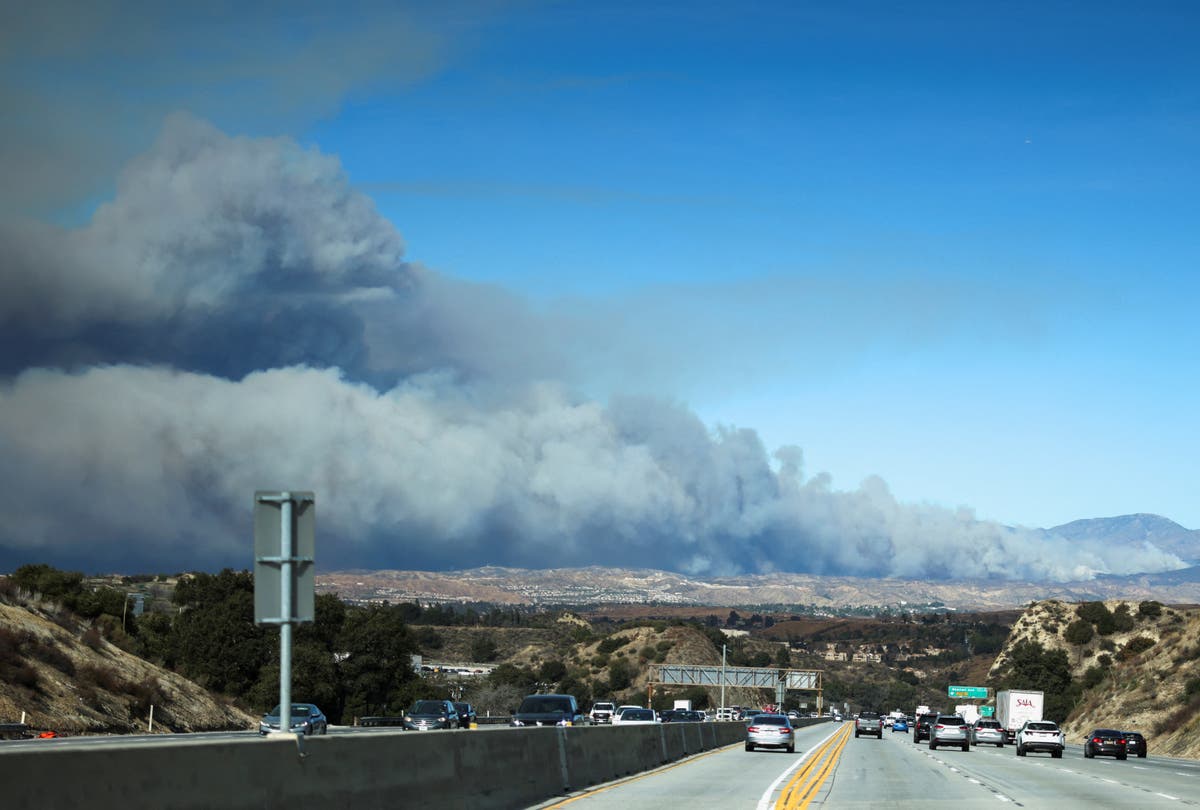The worst thing about the phone-hacking scandal is, of course, the misery endured by those whose privacy was invaded. But the damage spread far and wide. All journalists were tarred with the same brush, and the resulting decline in trust in the media – which was never high – contributed to a toxic brew of online conspiracy theories.
News Group Newspapers (NGN), publisher of The Sun and the now-defunct News of the World, has admitted to “unlawful activities carried out by private investigators working for The Sun”. It has offered a “full and unequivocal apology” to Prince Harry for this, and for “phone-hacking, surveillance and misuse of private information by journalists” at the News of the World, and has agreed to pay “substantial” damages – believed to be more than £10m.
This is a humiliating surrender by Rupert Murdoch’s company, which is plainly unwilling to risk greater and more emphatic humiliation in court and is therefore choosing to settle the claim. The company has also acknowledged that its response to the arrest of some of its journalists in 2006 was “regrettable”. This part of the agreed statement requires some decoding, because NGN has tried to save a shred of its dignity by insisting that it is making no “admission of illegality” in relation to post-2006 events. Harry wanted News Group to admit not only that its journalists had behaved badly, but that the company’s executives had covered up their wrongdoing. NGN has been forced to concede – without admitting that it broke the law – that the prince was right.
This settlement, as well as being a private win for Prince Harry, has an important knock-on effect for democracy, which depends on a free press – but a free press governed by the law. The significance of NGN’s admission and apology – as David Sherborne, Harry’s lawyer, said – is “that no one stands above the law”.
The Independent was founded by journalists who believed that theirs was a noble trade. It can – and should be – robust; sceptical to the point of rudeness towards people in positions of power or eminence. But its essential loyalty is to the truth – and its fundamental purposes are to inform the people and to hold the powerful to account. It is nothing less than a tragedy, therefore, when the well of journalism is poisoned by cheating and criminality.
The Independent does not share all of Prince Harry’s views about the press and we were critical of Tom Watson, his co-litigant, who pursued public figures including Leon Brittan and Harvey Proctor with unfounded allegations of terrible crimes. Those are precisely the kind of wild accusations that we need trustworthy journalists to investigate and rebut.
We note the work of the prince, Lord Watson and the scores of other litigants who have sued Mr Murdoch’s titles – and the Daily Mirror – securing damages and at least partial admissions of wrongdoing.
Never has free media been more important, now that it is under siege by populists at home and abroad. Nigel Farage, the leader of Reform UK, has been dancing like a puppet to the tune of Elon Musk, the erratic owner of the X (formerly Twitter) social media platform, in the hope of securing a political donation from a company owned by the world’s richest person.
Mr Farage has not even been deterred by Mr Musk’s demand that he be ousted as the party’s leader because of his refusal to have anything to do with Tommy Robinson, a violent criminal. But Mr Farage’s promotion of conspiracy theories that claim the prime minister covered up facts about the Southport killer – and about grooming gangs – is not just an attack on the Labour government. It is an insult to the rule of law, including the rules about contempt of court, which is the only guarantee that the Southport victims have of justice. Further, it is an insult to the work of good journalists – such as Andrew Norfolk of The Times – who have been working for years to expose the scandal of rape gangs in northern English towns.
A free press is a pillar of democracy, but it depends on a basic level of trust, accountability and lawfulness. Prince Harry’s stubborn persistence in pursuing his case against Mr Murdoch’s company has struck a welcome, if unexpected, blow for the health of our civic culture.


